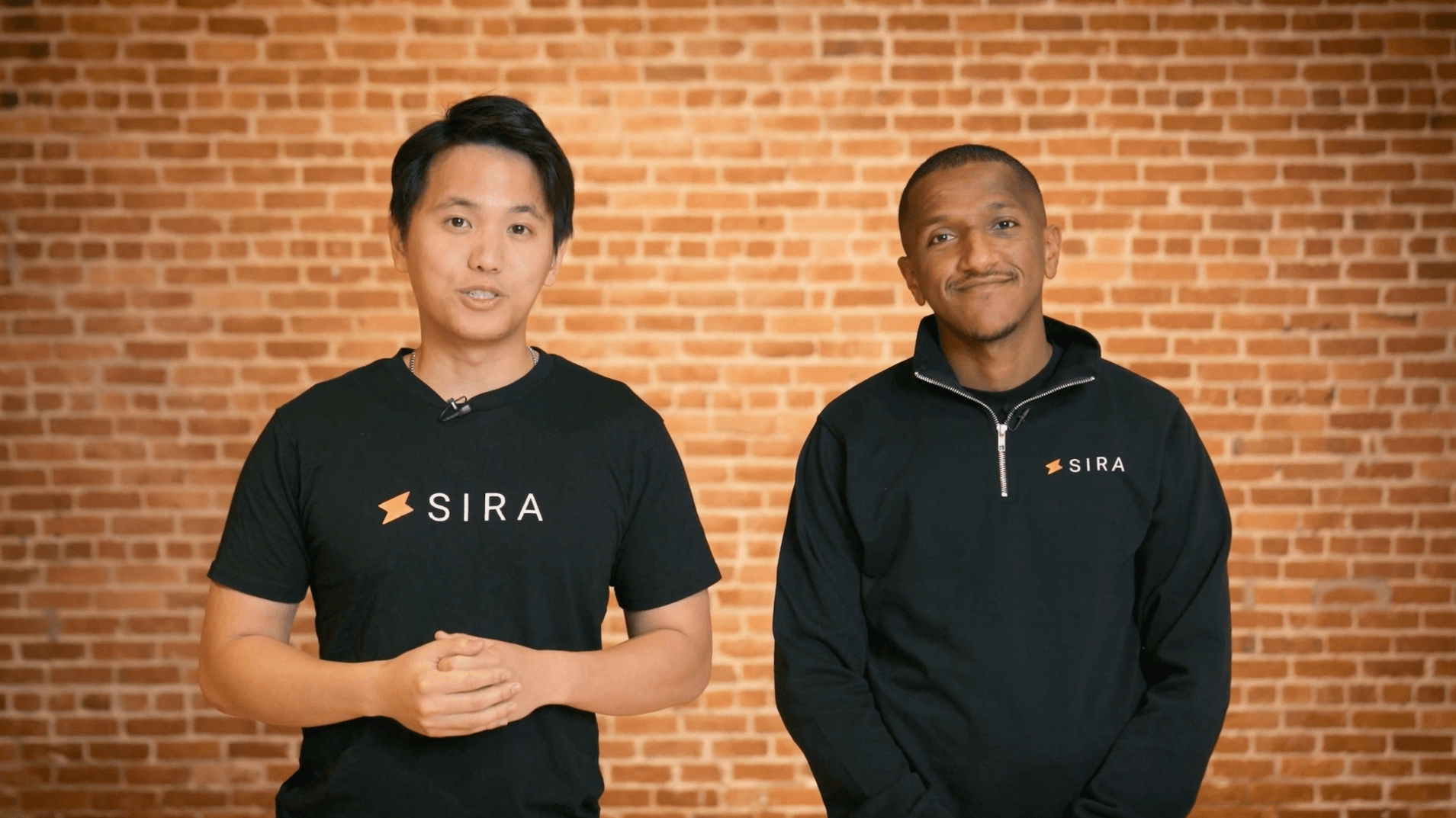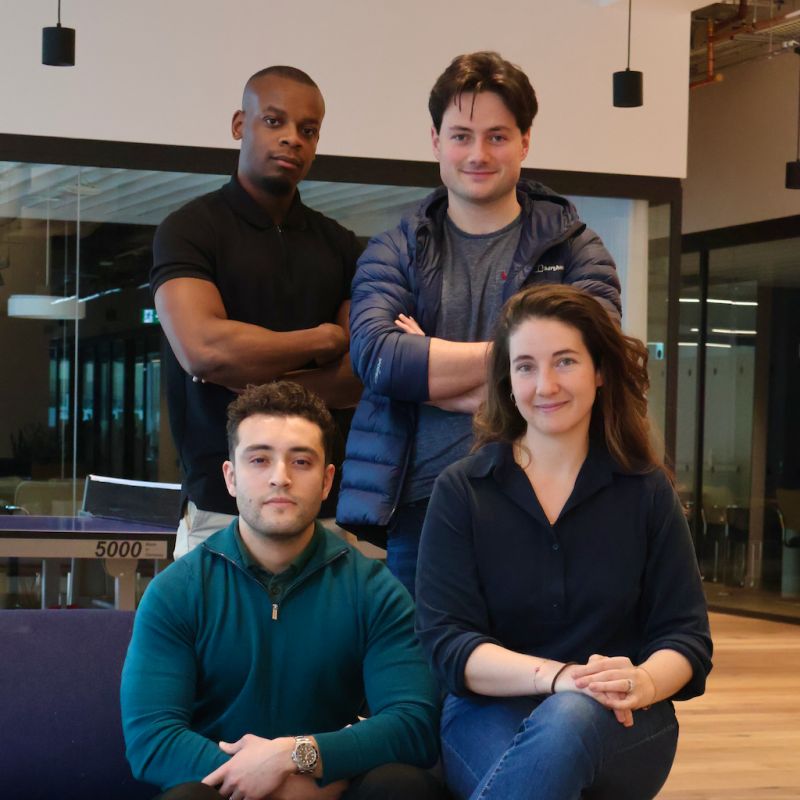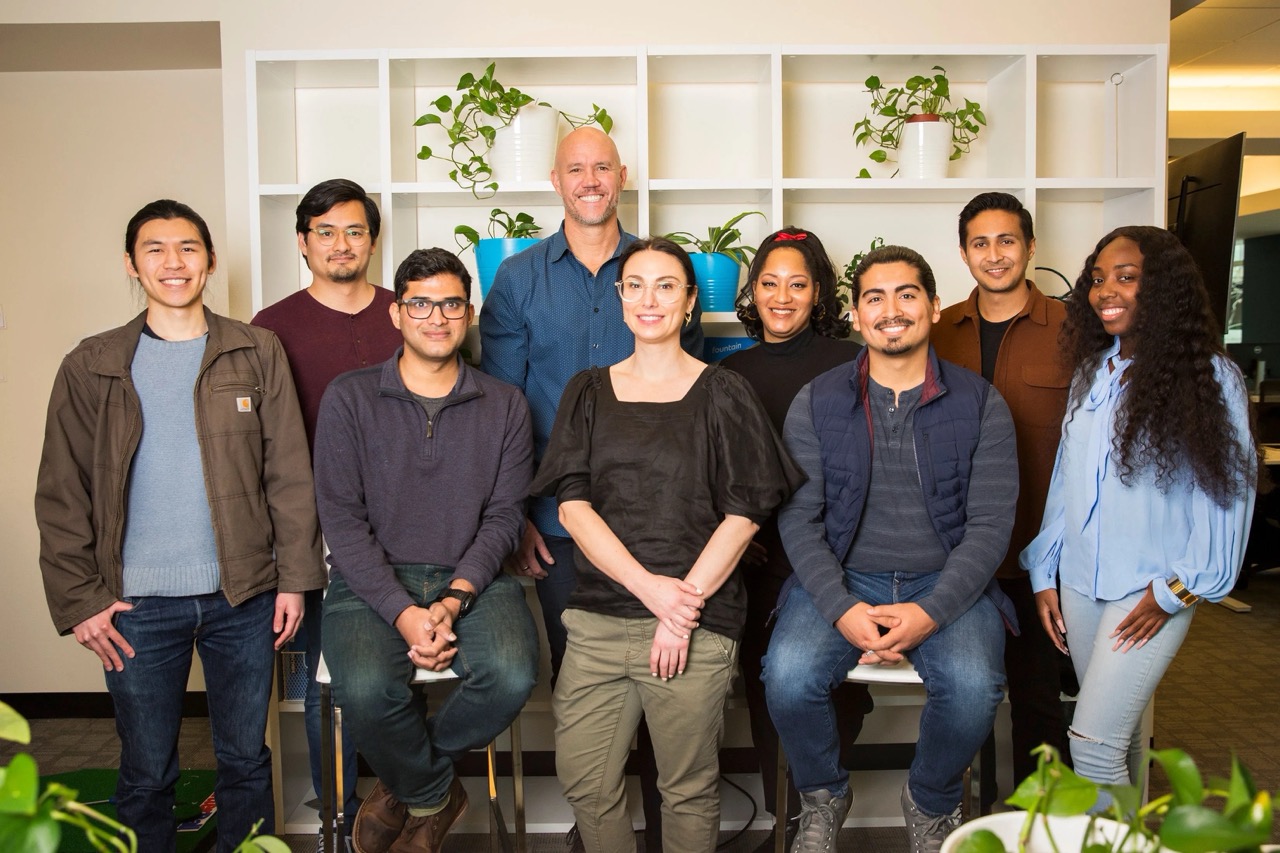Every Company Will Be an Edtech Company

by Esteban Sosnik, General Partner
In 2011, Marc Andreessen proclaimed that “Software Is Eating the World.” We have seen that prediction unfold across every industry, from commerce to real estate, finance and fashion, media and hospitality, and especially in recent years, education.
What sometimes gets glossed over are the humans behind the software and how they learn the digital skills needed to keep pace with change. But that can no longer be ignored. Last year, U.S. edtech startups raised over $8 billion, a record amount of venture capital that reflects the indisputable importance of human capital, and the emergence of new tools to help them prosper. Education is the source of human transformation, and hence the critical ingredient to navigating an increasingly complex and dynamic world.
Talent has always been in high demand, and the Great Resignation has accelerated labor shortages across the board, whether for software engineers in blue-chip companies or for blue-collar workers in manufacturing and other skilled trades. Companies, governments and schools alike are feeling the pains of a world that has dramatically transformed but did little to prepare for it. A Korn Ferry study projects a global human talent shortage of over 85 million people by 2030, costing $8.5 trillion in unrealized annual revenues.
As a result of these forces, what will inevitably happen is that every company will be an edtech company in the next 10 years. There are four ways in which this is already happening.
Employee Training and Upskilling
New or old, every company will need to prepare their workforce to adapt to a rapidly changing digital environment. In a recent survey of HR leaders, nearly half say their organizations will increase their training budgets this year. Tools like LinkedIn Learning, Coursera and Udemy offer a wealth of content for employees to consume on their own and gain skills for a promotion or find a new job.
Most people, though, engage best when they interact with teachers and peers. That’s why companies are also partnering with providers like General Assembly and Springboard to offer live, cohort-based classes for their employees. Others, like Disney and Starbucks, are also working with Guild and InStride to help blue-collar employees take advantage of education benefits programs and take courses from universities to upskill and advance in their professions. Whether credentials or skills-based, more solutions will emerge as every employer will dedicate a growing portion of their resources to support and retain their staff.
Learning in the Natural Flow of Work
Learning is not limited to set times and courses; sometimes it is most effective when it happens naturally. We are seeing a new category of tools emerge at the intersection of productivity and education that help employees learn faster in the flow of their work.
Grammarly, the built-in AI writing assistant, helps employees communicate more precisely with their colleagues and customers. In a similar vein, Textio provides language feedback on job descriptions to help employers write more effective — and inclusive — posts. Chorus AI helps salespeople learn from their sales calls, and Hopps connects workers with on-demand experts to improve their use of marketing and other SaaS tools.
These tools go beyond traditional productivity software to offer real-time feedback on specific skills and behaviors. For employees, these are valuable educational moments not just for their current jobs, but throughout their careers.
Finding Talent in New Places
Companies are also turning to edtech platforms to find talent from sources that have long been overlooked. Handshake, the leading virtual career matchmaker for students and employers, is helping companies connect with colleges that they had never recruited from before, such as Historically Black Colleges and Universities. Box, for instance, redesigned their hiring process and saw a five-fold increase in applications from underrepresented candidates.
The result is often a more diverse workforce — and more opportunities for people who are qualified but may not have the means to pursue formal training or traditional credentials such as a college degree. We are seeing the re-emergence of apprenticeship programs offered by companies like Major League Hacking, which works with companies to train prospective talent and hire them upon the successful completion of real-world projects.
Supporting Employees’ Families and Their Educational Needs
The pandemic has highlighted how child care is also a business issue, with nearly 20% of parents saying they had to leave work or reduce hours due solely to a lack of child care. In the past, “childcare-as-a-benefit” was restricted to large employers like Google that had the scale and resources to provide on-campus care, or in conjunction with providers like Bright Horizon. But today, with the decentralization of the employee base, companies are finding solutions in home care marketplaces like Winnie that help employees access nearby childcare services, regardless of where they live or work.
Beyond child care, companies are increasingly licensing edtech services to provide learning opportunities for their employees’ children. Companies like Nasdaq, for instance, offer free classes on Outschool to families. With remote school and remote work becoming a new norm, many employees are now working — and learning — from home alongside their kids.
Edtech is transitioning from a “nice to have” to a “must have” component of every company’s value and future. Up to now, learning and development has been a relatively small budget. But every department is dedicating more resources to help employees, and their families, adapt to a new digital world.
Those who don’t will be doing a disfavor to their employees, their own productivity and frankly to society at large. Software is eating the world, and people are hungry to learn.
Handshake, Hopps, Major League Hacking, Outschool, Springboard and Winnie are part of the Reach Capital portfolio.








